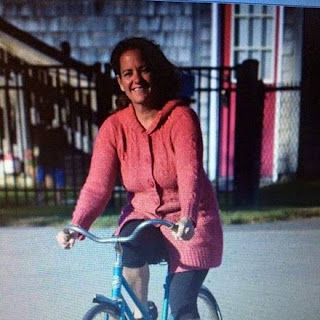Indexed universal life (IUL) insurance is a unique type of life insurance that blends the security of a guaranteed death benefit with the growth potential of the stock market. It's a popular choice for people who want to protect their loved ones financially while also building cash value for the future.
Here's a closer look at some of the key benefits of IUL insurance:
- Growth Potential: Unlike traditional life insurance, IUL policies allow your cash value to grow based on a market index, such as the S&P 500. This means your cash value has the opportunity to grow significantly over time, potentially outpacing inflation and other savings vehicles.
- Downside Protection: IUL policies typically come with a floor rate of interest. This acts as a safety net, ensuring your cash value never loses money even if the market experiences a downturn.
- Flexibility: IUL offers flexibility in terms of premium payments and death benefit amounts. You can adjust these elements as your life circumstances change, ensuring the policy remains aligned with your needs.
- Living Benefits: Many IUL policies offer living benefits riders. These allow you to access your cash value while you're still alive, for purposes like critical illness or long-term care.
- Tax Advantages: The cash value in your IUL policy grows tax-deferred. This means you won't pay taxes on any gains until you withdraw the money. Additionally, any death benefit payout to your beneficiaries is typically income tax-free.
Here are some additional points to consider:
- Complexity: IUL policies can be more complex than traditional term life insurance. It's important to understand the features, fees, and riders associated with a policy before you commit.
- Costs: IUL policies typically have higher premiums than term life insurance due to the potential for market growth and added flexibility.
- Not a Get-Rich-Quick Scheme: While IUL offers the potential for higher returns, it's not a guaranteed path to riches. The stock market can be volatile, and there's always the risk of losing money.
IUL can be a valuable tool for those seeking a comprehensive insurance and savings strategy. However, it's not a one-size-fits-all solution. If you're considering IUL, it's important to consult with a qualified financial advisor to determine if it's the right fit for your financial goals and risk tolerance.
Chris Castanes is the president of Surf Financial Brokers, helping people find affordable life and disability insurance coverage. He's also is a professional speaker helping sales people be more productive and efficient and has spoken to professional and civic organizations throughout the Southeast. Please subscribe to this blog!





